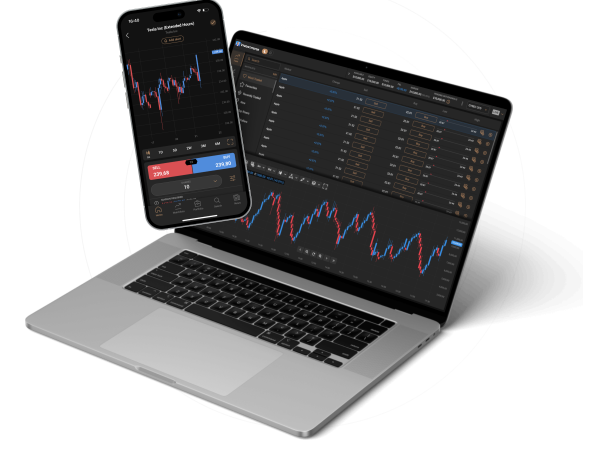Demo vs. Live Account: Key Differences
- Demo Account
- Live Account
Capital: Virtual funds
Trading Risk: None
Market Data: Real-time
Order Execution: Simulated
Emotion & Psychology: No pressure
Payouts / Withdrawals: Not applicable
Capital: Your own deposited funds
Trading Risk: Real financial risk
Market Data: Real-time
Order Execution: Actual
Emotion & Psychology: Emotions affect decisions
Payouts / Withdrawals: Profits and losses are real
